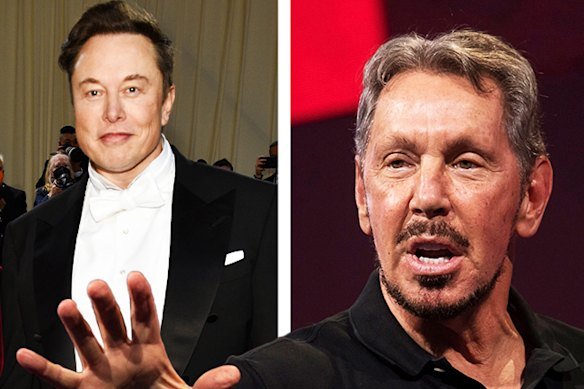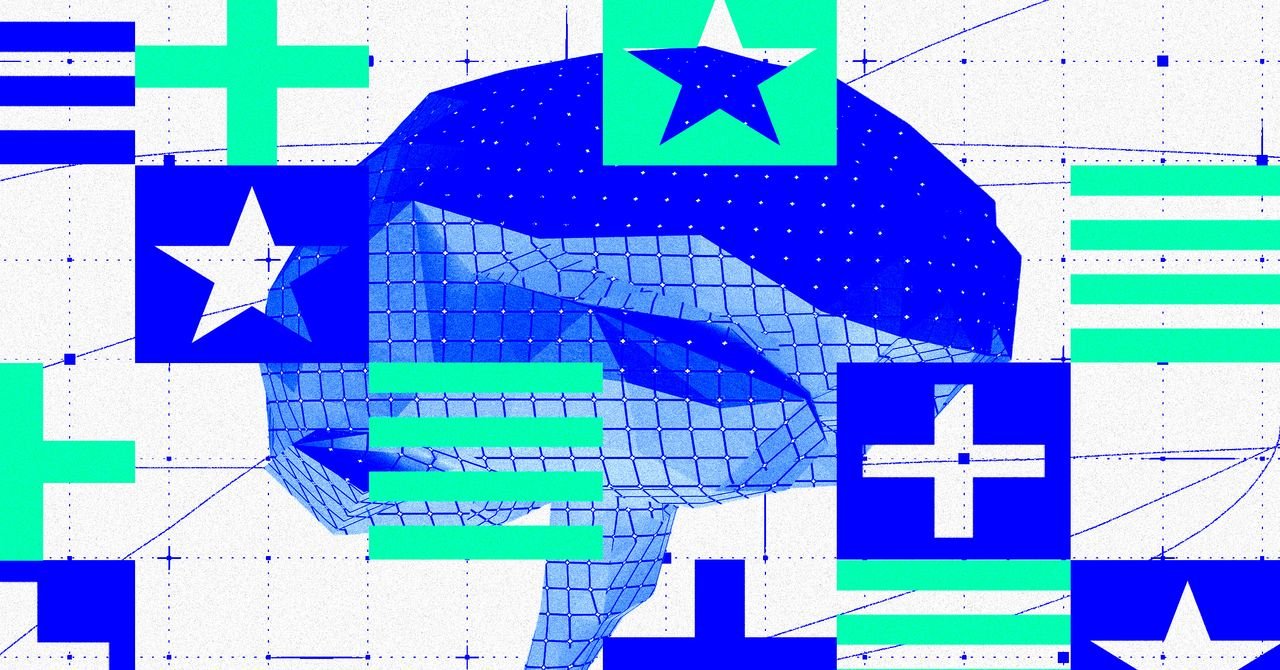Larry Ellison Surpasses Elon Musk to Become World’s Richest Person
In a remarkable turn of events, Larry Ellison, co-founder of Oracle Corporation, has ascended to the title of the world’s richest person, dethroning Elon Musk after nearly a year of Musk’s reign at the top. This shift in wealth dynamics comes on the heels of Oracle’s impressive quarterly earnings report, which not only exceeded market expectations but also hinted at significant future growth.
A Surge in Wealth
Ellison’s net worth skyrocketed by an astonishing $101 billion, bringing his total fortune to approximately $393 billion, according to the Bloomberg Billionaires Index. This surge marks the largest single-day increase ever recorded by the index, a testament to the volatile nature of wealth in the tech industry. In contrast, Musk’s fortune now stands at around $385 billion, reflecting a stark difference in their recent financial trajectories.
Historical Context of Wealth Rankings
Elon Musk first claimed the title of the world’s richest person in 2021, briefly losing it to Amazon founder Jeff Bezos and LVMH’s Bernard Arnault before reclaiming it last year. Musk held the title for just over 300 days, a period marked by significant fluctuations in the stock market and the fortunes of tech giants. The rivalry between Musk and Ellison is not just a personal one; it reflects broader trends in the technology sector, where fortunes can change rapidly based on market performance and investor sentiment.
Oracle’s Impressive Performance
Ellison, now 81, has seen the bulk of his wealth tied to Oracle, where he serves as chairman and chief technology officer. The company’s shares had already risen by 45% this year before the latest earnings report, but they surged an additional 41% in early trading following the announcement of a substantial increase in bookings and a bullish outlook for its cloud infrastructure business. This marked Oracle’s largest single-day stock surge, underscoring the company’s growing influence in the tech landscape.
The Cloud Computing Landscape
Oracle’s recent success is particularly noteworthy in the context of the competitive cloud computing market. The company has been making significant strides in this arena, recently signing a deal with OpenAI, the organization behind ChatGPT, for a staggering 4.5 gigawatts of data center capacity. This amount of energy could power millions of homes in the United States, highlighting Oracle’s role as a key player in the infrastructure needed for artificial intelligence development.
In contrast, Tesla, Musk’s flagship company, has faced challenges this year, with its stock down 13%. Despite this, Musk’s board has proposed a massive pay package that could potentially make him the world’s first trillionaire if he meets a series of ambitious performance targets. This juxtaposition of fortunes illustrates the volatility inherent in the tech sector, where success can be fleeting.
The Future of AI and Cloud Computing
Oracle’s optimistic forecast is particularly relevant in the context of the growing demand for artificial intelligence. Major AI developers, including OpenAI, estimate that trillions of dollars will be required to build and maintain the infrastructure necessary for their services. As a result, Oracle is positioning itself as a crucial provider of computing capacity, competing against industry giants like Amazon, Microsoft, and Google.
The increasing reliance on cloud services and AI technologies has made Oracle’s recent performance even more significant. The company’s ability to attract major clients, including Nvidia and TikTok’s parent company ByteDance, underscores its growing importance in the tech ecosystem.
Conclusion
Larry Ellison’s rise to the top of the wealth rankings serves as a reminder of the ever-changing landscape of the technology sector. As Oracle continues to thrive in the competitive cloud computing market, the dynamics between Ellison and Musk will likely remain a focal point for investors and analysts alike. The ongoing competition between these tech titans not only reflects their personal ambitions but also highlights the broader trends shaping the future of technology and wealth in the 21st century.









